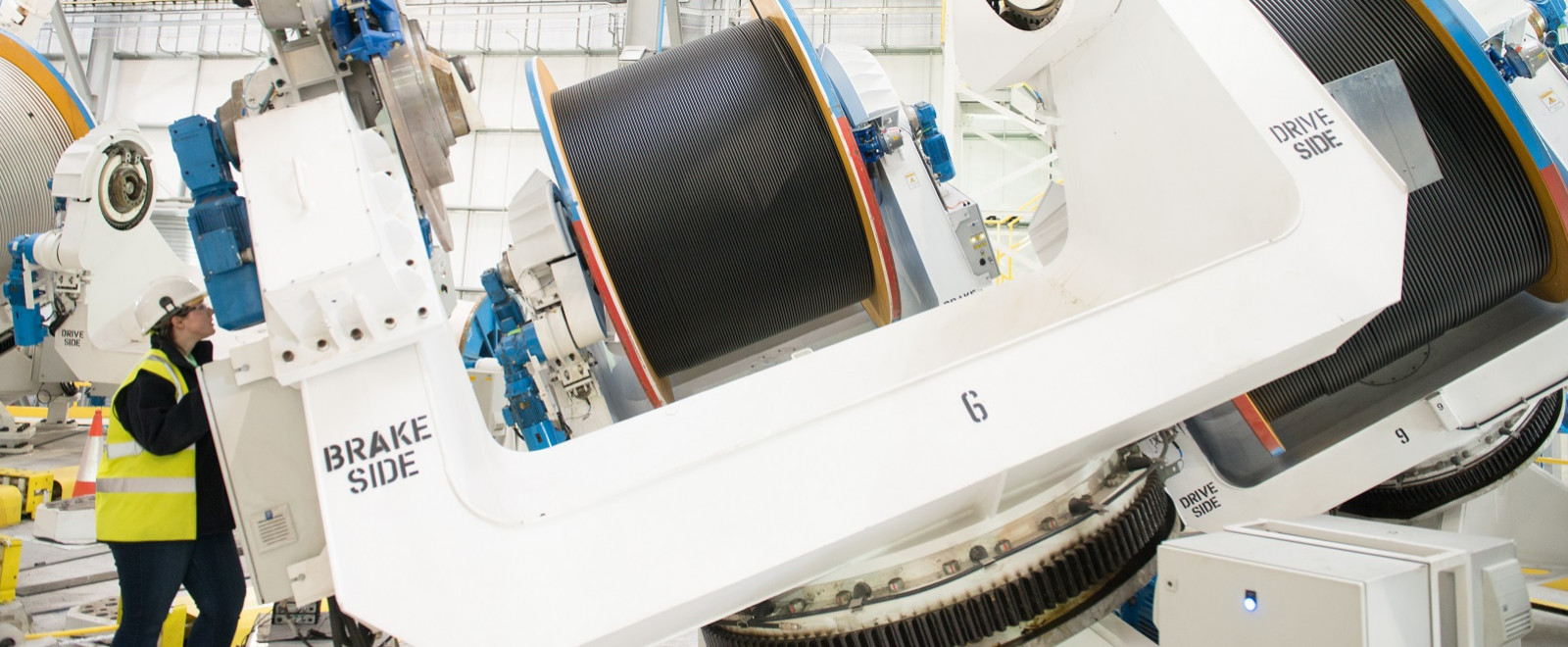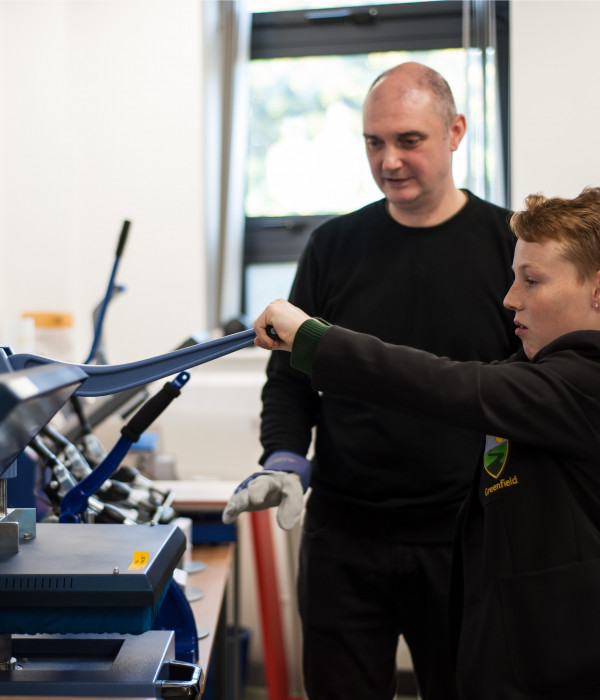For schools:
Every pupil should have first-hand experiences of the workplace through work visits, work shadowing and/or work experience to help their exploration of career opportunities, and expand their networks.
- By the age of 16, every pupil should have had at least one experience of a workplace, additional to any part-time jobs they may have.
- By the age of 18, every pupil should have had one further such experience, additional to any part-time jobs they may have.
For colleges:
Every learner should have first-hand experiences of the workplace through work visits, work shadowing and/or work experience to help their exploration of career opportunities, and expand their networks.
- By the end of their study programme, every learner should have had at least one experience of a workplace, additional to any part-time jobs they may have.

Stories from the North East
Redefining work experience
By taking a strategic approach to work experience some of the pilot schools have seen a huge increase in the number of the students carrying out high-quality work experience. They have focused on encouraging students to take up opportunities to experience a variety of workplaces and to plan for, reflect upon and learn from these experiences.
To ensure work experience was a positive experience for the employer and student, Sunderland College worked with an external recruitment agency to prepare students and match them with employers. Students were encouraged to think about what they wanted from an experience of work and what skills they would need to demonstrate during their time with an employer. The college also worked with employers to encourage them to let students participate in real work in addition to shadowing employees. Following on from their time with employers, students were encouraged to reflect on and record what they had learnt in booklets and to update their CVs with new skills. At Sunderland College, the number of students successfully matched to a work experience place increased by 127%. There are now over 200 employers engaged in the programme.
Shotton Hall Academy had found that its students were not thinking deeply about their experiences in the workplace and consequently the impact of these experiences were limited. To tackle this issue, they are experimenting with “career investigations”. Career investigations encourage students to look holistically at a business; studying its role in the local area. Students who took part in the investigations learnt about hidden aspects of the business, often overlooked by students in previous work placements.

Student from Greenfield Community College
At East Durham College students produced and ran two days of events as part of the “Why Art Man?” festival. They were responsible for creating the event, working with the Local Authority, marketing it and selling tickets. This real-life experience gave students a snapshot into the responsibilities associated with work and gave them a chance to work with a wide range of businesses, charities and public sector bodies.
Berwick Academy has worked with the Multidisciplinary Innovation Team at Northumbria University to design a roadmap of meaningful and diverse workplace experiences from Years 9 to 11. The road map sees students undertaking work experience, workshops within and outside school, and comprises elements of Benchmark 5 through encouraging encounters with employers through ‘employer speed dating’.
Get started
Our top tips
- Rodger Davies, Careers Leader at Shotton Hall Academy
“The Gatsby Benchmarks have introduced a way of thinking as to how students can gain meaningful experience of the workplace and links with employers as alternatives to a traditional two week work experience placements. Through the North East Local Enterprise Partnership 'Enterprise Project' we are now working with an Enterprise Adviser at the international company Caterpillar and already have had two small groups of students visit the local establishment. There are also other ideas such as students studying different jobs in establishments, and then speaking to people who carry out the roles.” - Vikkie Morton, Careers Leader at Sunderland College
"Think less about work experience and more about experiences of the workplace. How can you help students to really investigate the industry and truly understand what working in it would be like?" - Gillian Hales, Careers Leader at East Durham College
“Try to encourage students to take up weekend and holiday work experience too. These can help to develop technical and transferable skills for students and widen their networks.”
How can you help students to really investigate the industry and truly understand what working in it would be like?
Vikkie Morton, sUNDERLAND COLLEGE

